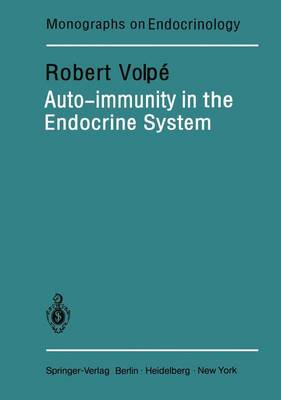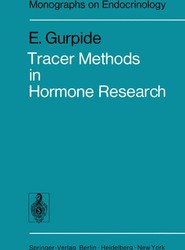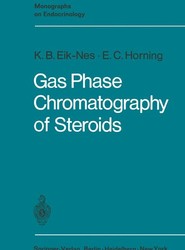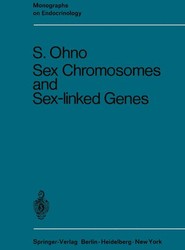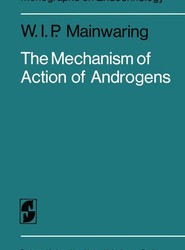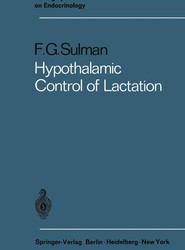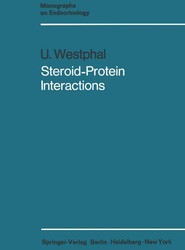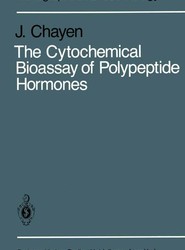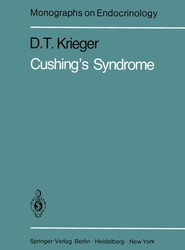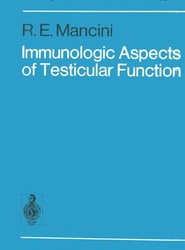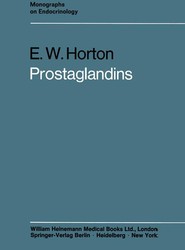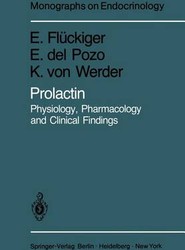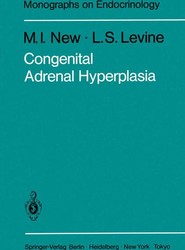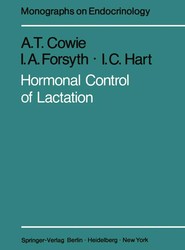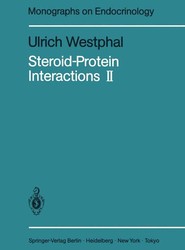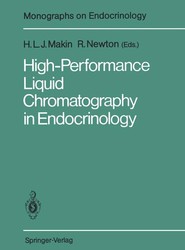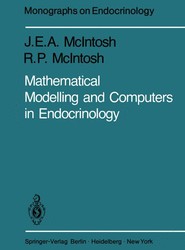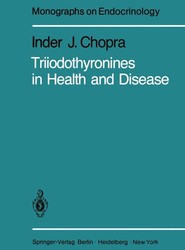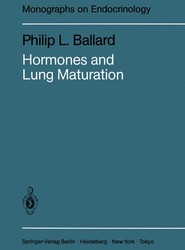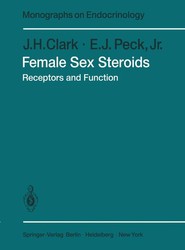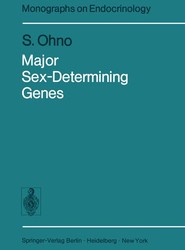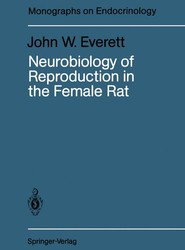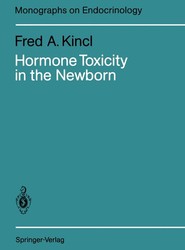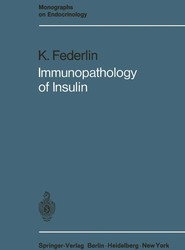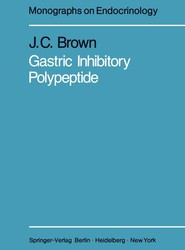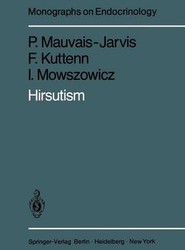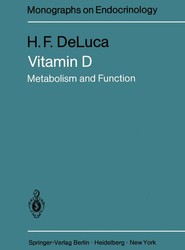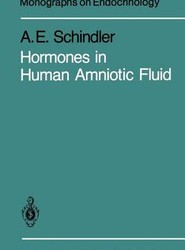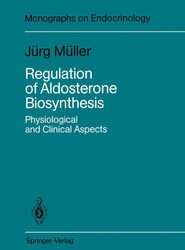(To see other currencies, click on price)
MORE ABOUT THIS BOOK
Main description:
The present monograph will concern itself with those disorders of the endocrine system, either associated with destruction, interference with function or hyper- function, which are considered to be due to auto-immune processes. Endocrinopathies Non-endocrine auto-immune disorders associated with the endocrinopathies Graves' (Basedow's, Parry's) disease Pernicious anaemia Hashimoto's thyroiditis Vitiligo Idiopathic Addison's disease Myaesthenia gravis Insulinopenic diabetes mellitus Sjogren's syndrome Auto-immune oophoritis and orchitis Rheumatoid arthritis Auto-immune hypoparathyroidism Idiopathic thrombocytopenic purpura Auto-immune hypophysitis Chronic active hepatitis Possibly some cases of infertility Primary biliary cirrhosis due to anti-sperm antibodies Reproduced with permission from Volpe (1977) The above table indicates those organ-specific endocrinopathies considered to be due to auto-immune factors, as well as those non-endocrine, organ-specific auto-immune disorders which may be associated with them (Volpe 1977).
It is evident that such disorders, occurring without any obvious external cause, raise the very elementary question of how immune processes directed against self- constituents could be initiated. Generally, of course, the immune system acts as a regulatory and defence mechanism, and disorders of auto-immunity represent breakdowns in this regulatory system. The following chapters will be concerned with the individual components ofthe endocrine system so affected by auto-immune processes; it will first be necessary to provide an initial chapter for the purpose of summarizing some general principles of immunology, in order to place the immune disorders of the endocrine system in context.
Contents:
1 General Principles of Immunology (as Related to Auto-immune Disease).- 1.1 Immunity and the Immune Response.- 1.1.1 The Role of Lymphocytes in the Immune Response.- 1.1.2 Types of Lymphocytes.- 1.1.3 Processing of Antigen.- 1.1.4 Genetic Control of the Immune Response.- 1.1.5 Significance of HLA Disease Associations.- 1.1.6 Cell Interactions and Immunoregulation.- 1.2 References.- 2 Auto-immunity in Thyroid Disease.- 2.1 Introduction.- 2.2 Studies of the Immunological Aspects of Thyroid Disease.- 2.2.1 Initial Observations.- 2.2.2 Experimental and Spontaneous Animal Models in Auto-immune Thyroid Disease.- 2.2.2.1 Experimental Auto-immune Thyroiditis.- 2.2.2.2 Spontaneous Auto-immune Thyroiditis in Animals.- 2.2.2.3 Attempts to Produce Experimental Models for Graves' Disease.- 2.2.3 Humoral Immunity in Human Thyroid Disease.- 2.2.3.1 Thyroglobulin Antibodies.- 2.2.3.2 Antimicrosomal Antibodies.- 2.2.3.3 Antibody to a Colloid Component Other than Thyroglobulin.- 2.2.3.4 Antibodies to the Thyroid Hormones.- 2.2.3.5 Thyrotrophin (TSH) Receptor-Related Antigen and Cell Surface Antigens and Their Relationship to Thyroid-Stimulating Immunoglobulin.- 2.2.3.6 Immune Complexes, Rheumatoid Factors and Other Antibodies.- 2.2.3.7 Production of Thyroid Antibodies and Thyroid-Stimulating Immunoglobulin In Vitro.- 2.2.4 Cellular Aspects of Graves' and Hashimoto's Diseases.- 2.2.4.1 Thyroid Lymphocytes.- 2.2.4.2 Peripheral Blood Lymphocytes.- 2.2.4.3 Cytotoxic Lymphocytes.- 2.2.4.4 Migration Inhibition Factor Procedures.- 2.2.4.5 Evidence for a Defect in Suppressor T-lymphocytes.- 2.2.4.6 Other Cellular Mechanisms.- 2.2.5 The Role of the Antigen: Is There Antigenic Stimulation?.- 2.2.6 The Genetics of Graves' and Hashimoto's Diseases.- 2.2.6.1 Observations in Twins.- 2.2.6.2 Age-specific Incidence Rates in Graves' and Hashimoto's Diseases.- 2.2.6.3 Thyroid Auto-antibodies and Chromosomal Abnormalities.- 2.2.6.4 HLA Associations.- 2.2.6.5 Studies of Relatives of Patients with Graves' and Hashimoto's Diseases.- 2.2.6.5 Other Auto-immune and Neoplastic Associations.- 2.2.7 Interrelationships Between Graves' and Hashimoto's Diseases.- 2.2.8 Relationship of Painless ("Silent") Subacute Lymphocytic Thyroiditis to Chronic Auto-immune Thyroiditis.- 2.2.9 Auto-Immune Thyroid Disease in Pregnancy and the Neonate.- 2.2.9.1 Post-partum Auto-immune Thyroid Disease.- 2.2.9.2 Passive Transfer of Antibodies to the Foetus.- 2.2.10 The Effect of Pharmacological Agents, Thyroidectomy and Radioactive Iodine on the Immunological Stigmata of Graves' and Hashimoto's Diseases.- 2.2.10.1 Excessive Iodine Intake.- 2.2.10.2 Thyroid Hormone Therapy.- 2.2.10.3 Corticosteroid Therapy.- 2.2.10.4 Effects of Radioactive Iodine (131I) Therapy for Graves' Disease.- 2.2.10.5 The Effect of Subtotal Thyroidectomy in Graves' Disease on the Immunological Disturbance.- 2.2.10.6 Antithyroid Drug Therapy: Effects on Immune System.- 2.2.10.7 Propranolol or Other Beta Adrenergic-Blocking Agents.- 2.2.11 The Role of Stress in the Induction of Graves' Disease.- 2.2.12 The Nature of the Remissions.- 2.2.13 The Pathogenesis of Ophthalmopathy.- 2.2.14 Pretibial Myxoedema (Localized Dermopathy).- 2.3 Summary.- 2.4 References.- 3 Auto-immunity in Diabetes Mellitus.- 3.1 Introduction.- 3.2 Genetics.- 3.3 HLA Antigens in Type I Diabetes.- 3.4 Relationship to Other Organ-specific Auto-immune Diseases.- 3.5 Immunologic Disturbances.- 3.5.1 Morphological Observations.- 3.5.2 Humoral Antibodies.- 3.5.3 Antibodies to Insulin Receptors.- 3.5.4 Evidence of Cell-mediated Immunity.- 3.5.4.1 Migration Inhibition Tests.- 3.5.4.2 Cytotoxic Assays.- 3.5.4.3 Evidence for a Defect in Immunosuppression.- 3.5.5 Animal Experiments.- 3.5.6 Insulin as an Antigen.- 3.6 The Possible Role of Viruses in the Induction of Insulinopenic Diabetes.- 3.6.1 Clinical and Pathological Evidence.- 3.6.2 Experimental Evidence.- 3.6.3 Seasonal Variation in Incidence of Diabetes Mellitus.- 3.6.4 Immune Responses to Viruses in Diabetes.- 3.7 The Role of Immunity in the Pathogenesis of Complications of Diabetes Mellitus.- 3.8 Immunological Aspects of Islet and Pancreas Transplantation in Diabetes.- 3.9 Summary.- 3.10 References.- 4 Auto-immunity of the Anterior Pituitary.- 4.1 References.- 5 Auto-immune Diseases of the Adrenals, Gonads and Parathyroids: Auto-immune Polyendocrine Disease.- 5.1 Addison's Disease.- 5.2 Experimental Auto-immune Adrenalitis.- 5.3 Pathology of Idiopathic Addison's Disease.- 5.4 Humoral Immunity in Human Addison's Disease.- 5.5 Cell-mediated Immunity in Addison's Disease.- 5.6 Genetic Aspects of Auto-immune Addison's Disease.- 5.6.1 HLA Antigens Associated with Addison's Disease.- 5.6.2 Family Studies.- 5.7 Other Organ-specific Auto-immune Diseases Associated with Idiopathic Addison's Disease.- 5.7.1 Thyroid Disease.- 5.7.2 Ovarian Failure.- 5.7.3 Auto-immune Testicular Failure.- 5.7.4 Pernicious Anaemia.- 5.7.5 Diabetes Mellitus Associated with Addison's Disease.- 5.7.6 Hypoparathyroidism.- 5.8 Polyendocrine Auto-immune Disease.- 5.8.1 Relative Incidence of Auto-immune Disease.- 5.8.2 Mechanism of Cellular Destruction.- 5.8.3 Association with Various Non-Endocrine Auto-immune Disorders.- 5.8.4 Defect in Immunoregulation.- 5.9 Other Possible Auto-immune Endocrinopathies.- 5.10 Summary.- 5.11 References.- 6 Immunological Aspects of Male Infertility.- 6.1 References.- 7 Epilogue.- 7.1 Introduction.- 7.1.1 Genetics and Epidemiology.- 7.1.2 Histocompatibility Antigens.- 7.1.3 Definition of the Role of the Antigen.- 7.1.4 T-Lymphocyte Studies.- 7.1.5 Studies of Antibodies.- 7.1.6 Non-Specific Cellular and Chemical Elements.- 7.1.7 Sex Incidence.- 7.1.8 Tolerance.- 7.1.9 Future Therapeutic Possibilities.- 7.1.10 Radio-immunoassay.
PRODUCT DETAILS
Publisher: Springer (Springer-Verlag Berlin and Heidelberg GmbH & Co. K)
Publication date: December, 2011
Pages: 204
Weight: 362g
Availability: Available
Subcategories: Endocrinology, Immunology
From the same series

